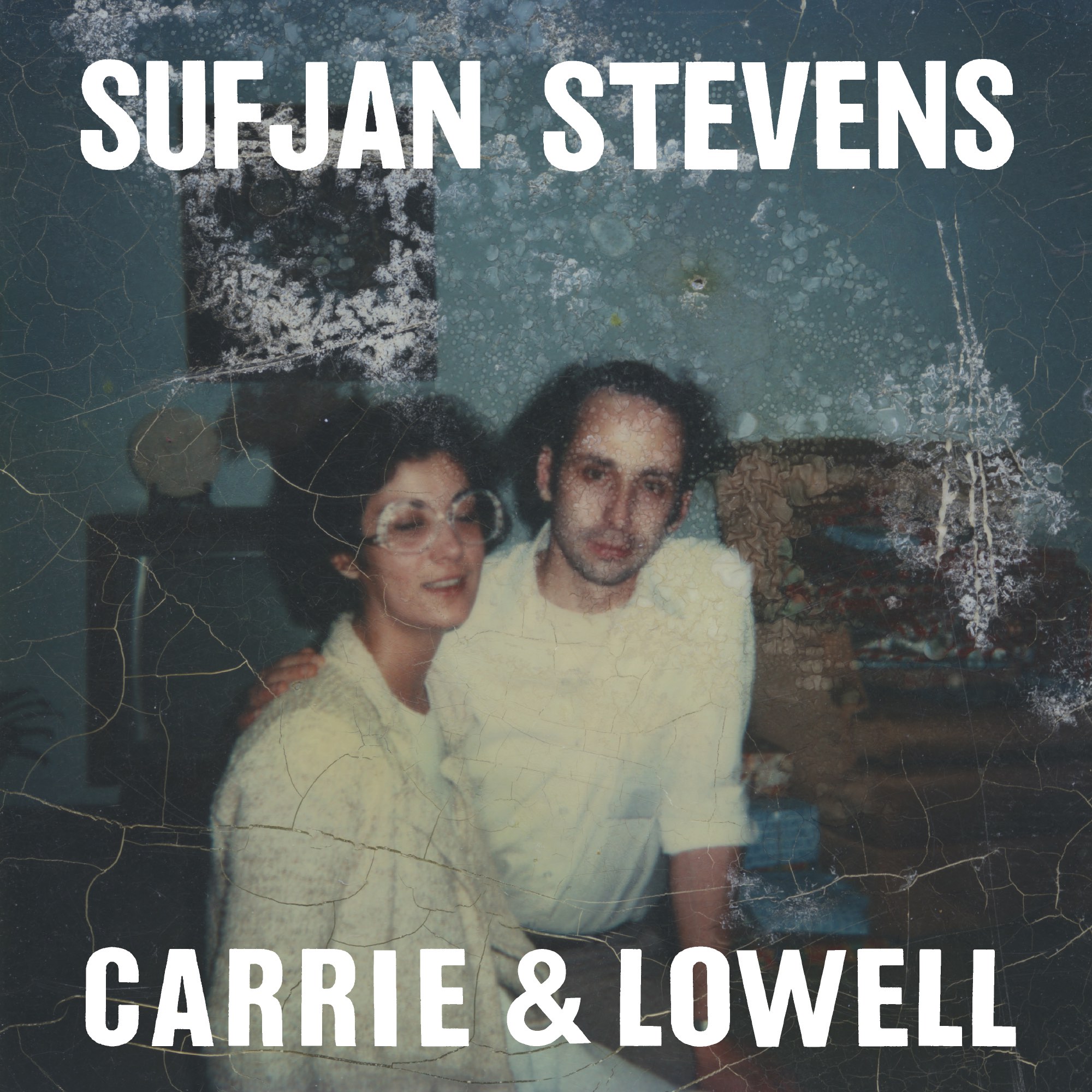 Sufjan Stevens
Sufjan Stevens
Carrie & Lowell
ASTHMATIC KITTY
9/10
Carrie & Lowell—Sufjan Stevens’s seventh conventional album within a long line of releases that include Christmas LPs and one-off projects—is a heartbreaking and, at times, unbearably painful account of his attempts to process the death of his mother in 2012, from whom he was largely estranged. It’s also his sparest record since 2004’s Seven Swans. The considerable weight of Stevens’s grief is supported only by the light architecture of fingerpicked guitars and occasional keyboards, and is insulated by processed found sound that swells wordlessly between songs. He rarely raises his voice above a whisper.
Stevens paints a complicated and startlingly intimate portrait of his relationship with his mother, whom he only addressed by first name. In the title track, Carrie breaks her son’s arm. In the album’s centerpiece, “Fourth of July,” the pair trade pet names. Sufjan is Carrie’s “little hawk”; she, his “star in the sky.” He sings to her as her body is wrapped in cloth and prepared for burial. “Do you find it alright, my dragonfly?” he asks over a fatalistic piano chant. “We’re all gonna die.” It goes without saying that this stuff risks being maudlin and overwrought, precious at best. But Carrie & Lowell is a miracle of aesthetic balance—a calm and considered confession. It is the roaring in your ears as you look out to sea with the entirety of the known world behind you.









